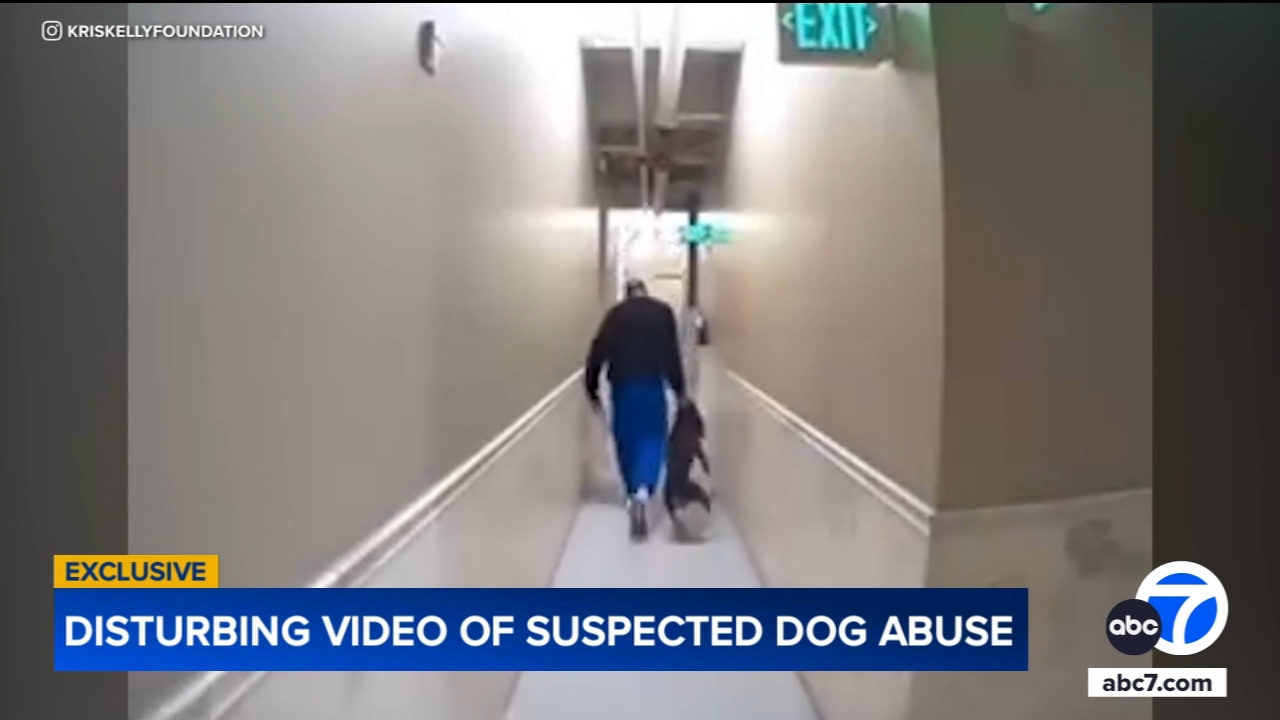LA County cardrooms fight Prop. 26, which could subject them to damaging lawsuits

LOS ANGELES (KABC) -- If Proposition 26 passes this November, another form of gambling would be permitted at horse racing tracks and tribal casinos in California: Sports betting.
Revenue from the proposition would go into the state's general fund which the Legislature could use to address homelessness like Prop. 26 promises to do. But those funds could also be spent on education, wildfire mitigation, transportation, healthcare or other issues.
"A responsible incremental approach to allowing sports betting in California," said Kathy Fairbanks, the spokeswoman for the yes on 26 campaign. "All bets must be placed in person at either the 66 tribal casinos or four racetracks throughout the state. It gives the people in those facilities an opportunity to ensure that minors aren't betting. You have to show ID."
"The concern with expanding to online is that there's no foolproof way to ensure that kids aren't gambling online. With in-person sports betting, you can ensure that."
But some gambling outlets in California oppose Proposition 26: Cardrooms. There are seven cardrooms in Los Angeles County and 78 total in California.
"There are interests, specifically tribal interests, that feel that cardrooms should not exist. And so, this is part of their tactic to be able to eliminate what they see as their competition," said Juan Garza, who represents five cardrooms in LA County that oppose Prop. 26.
Cardrooms and the cities that host them oppose Prop. 26 because of a provision that allows private attorneys representing tribal casinos to sue cardrooms for the type of card games they offer.
"While Prop. 26 looks good to a lot of people, the reality is within Prop. 26, there's a lot of hidden little poison pills in it. And one of them would absolute devastate communities like Hawaiian Gardens," said Garza.
The Gardens Casino in Hawaiian Gardens offers games like poker and blackjack. So does the Commerce Casino in the city of Commerce. In Hawaiian Gardens, 70% of the city's general fund is tied to the casino.
"Prior to this cardroom being in Hawaiian Gardens, you have rampant crime. The city couldn't sustain itself fiscally. Once this cardroom came to this community, it just flipped its fortunes. The residents here are able to enjoy free services like parks and rec. The quality of life here has drastically improved. They provided jobs, provided scholarships to students," said Garza.
Fifteen percent of Proposition 26 revenue would go toward problem-gambling programs. Timothy Fong with the Gambling Studies program at UCLA says right now, California offers more opportunities to gamble than any other state in the country.
"Expanded regulated gambling, there will be more discussion, there will be more acceptance, there will be more availability. Those are things that can generate more addiction. At the same time, if you put healthcare protections in place. more prevention, more education, more understanding about the signs of addiction, you can reduce those percentages of addiction," said Fong.
When asked why cardrooms were not included in Proposition 26, the yes on 26 campaign sent Eyewitness News the following statement:
"Cardroom casinos and their gambling bankers have a well-documented history of flouting the law and have been fined millions of dollars for violating anti-money-laundering laws, misleading regulators, and operating illegal gambling."
¿Quieres leer este artículo en español? Haz clic aquí







